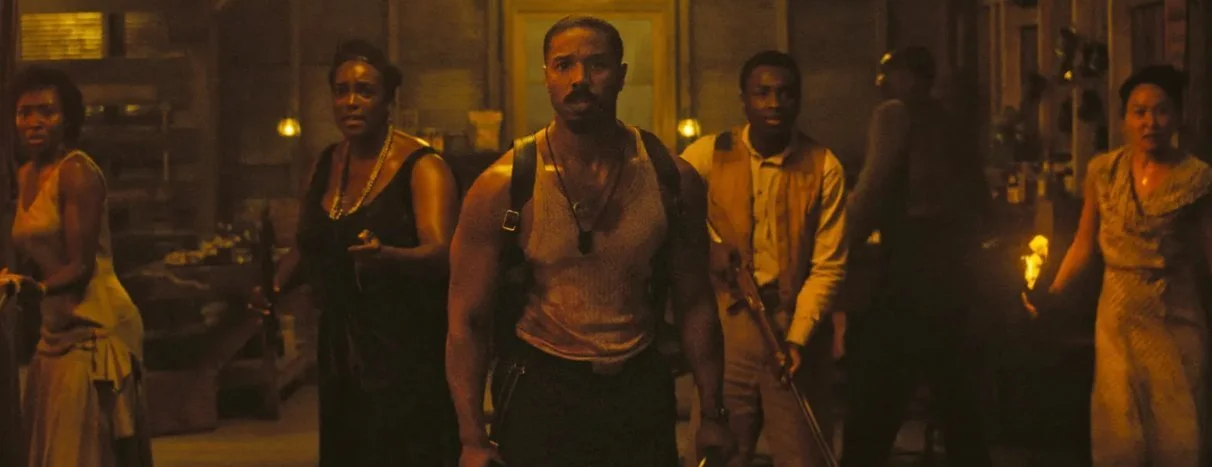
I initially saw Noah Baumbach's "The Meyerowitz Stories" this past May at the Cannes Film Festival. It was an underwhelming experience watching it with a mostly European crowd that, most likely, didn't understand half the New York jokes that were coming at you in a breathlessly effortles pace. I tweeted: "The Meyerowitz Stories isn't top-notch Baumbach. No edge to some of the scenes felt Woody Allen-lite." Suffice to say I was most probably going to watch it again closer to its release date.
"The Meyerowitz Stories" is first and foremost a story about family. It reminds you of "The Royal Tenenbaums" but done in a less controlled manner, with a more freewheelin' spirit. The reunion of three estranged siblings, played by Adam Sandler, Ben Stiller and Elizabeth Marvel, when their father Harvey (Dustin Hoffman) is victim of a stroke. Familial dysfunction runs rampid with this family. The father is a New York City sculptor whose art, while not totally unnoticed, never got its due, that's at least according to him.
The character of Harvey is the most fascinating of the film, he is as unpredictable in his verbal fireworks as he is in his cold, distant emotions towards any of his loved ones, which includes his third wife (Emma Thompson), a hippie that loves to cook such "delicacies" as raw shark and is clearly has a drinking problem. The film, which was written and directed by Baumbach doesn't have much of a plot as much as it gives you a scene by scene account, slowly detailing who these characters are and how the past, mostly having to do with their dad, has affected their ability to cope with their own lives.
The acting is riveting. Sandler, way out of his comfort zone here, is a real find, giving possibly his best performance since 2002's "Punch-Drunk Love." His Danny is a complexly written role, a man that was promised an artistic career but finds himself unemployed, no doubt living off family money and freshly divorced. Stiller's Matthew, Danny's brother from Harvey's other marriage, so good in Baumbach's "Greenberg," plays a successful real estate man that distances himself from the family by moving to Los Angeles at an early age, but the irks of a failed marriage have left him unsatisfied with life. The subtleties in his performance bring layers and complexities.Grace Van Patten's Eliza
Sadly, the sense of déjà-vu is also present in Baumbach's movie.You know, the tackling of the eccentric, intellectual, Jewish, artistic upper class of New York, but the film distances itself just enough to be its own unique vision, no thanks to Baumbach's exciting ear for dialogue.
The film, split into three sections, for each sibling, is actually edited like a series of little portraits and, but if there's a theme to the movie, except for familial dysfunction, it's that of death looming all around us and triggering emotions of regret if anything does happen.When Harvey is hospitalized, the ties that bind come to fruition, so do the pent-up secrets that have never left this trio of siblings off the hook.
Dustin Hoffman. You can count his performance as some of the best work of his career. This could be his eight Oscar nomination and first in 20 years, "Wag the Dog" being the last time he was honored. How good is he in this film? Well, let's put it this way, whenever he's not onscreen the film does tend to suffer. He ignites every frame he's in of "The Meyerowitz Stories" with a pleasurable mix of stinging comedy and dramatic bravado. It's the best work he's done in close to two decades.
As you can tell, a second viewing did tend to make me appreciate Baumch's film a little more, but some flaws still remained. Although there are genuinely truthful moments scattered all around this film, watch and listen carefully to Sandler interacting with a woman he used to like, the body language and dialogue so convincing.It's little moments like these that make the film a "gem" of neuroses. The film's abrupt cuts tend to catch the audience off guard and feel a little too on the nose. The last act is also kind of a drag, if the first 2/3 of "The Meyerowitz Stories" feels like LIFE, the way things wrap up is a little too neatly tied together and contrary to how life really works.
Nevertheless, if "The Meyerowitz Stories" doesn't reach the heights of Baumbach hallmarks "The Squid and the Whale," and "France Ha," it is still a noteworthy addition to his consistently fascinating canon of films. Oh, and all hail Dustin Hoffman. [B/B+]





